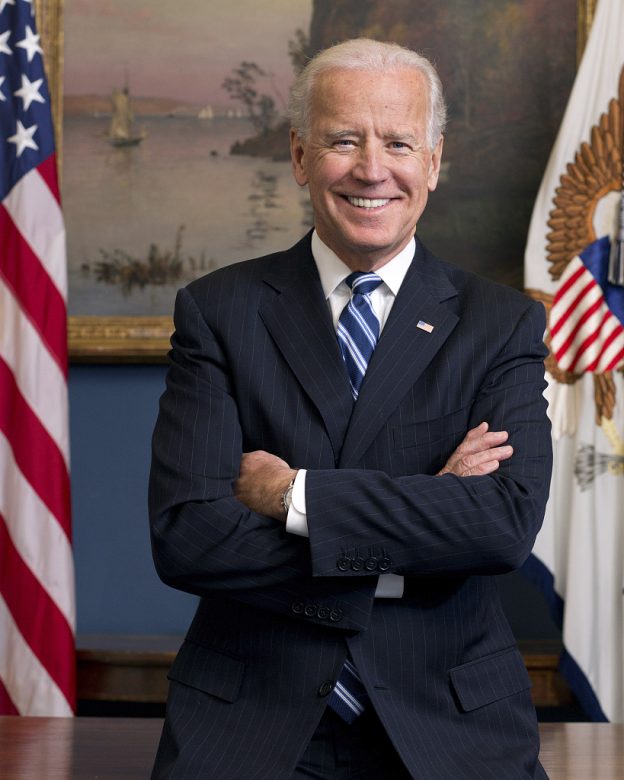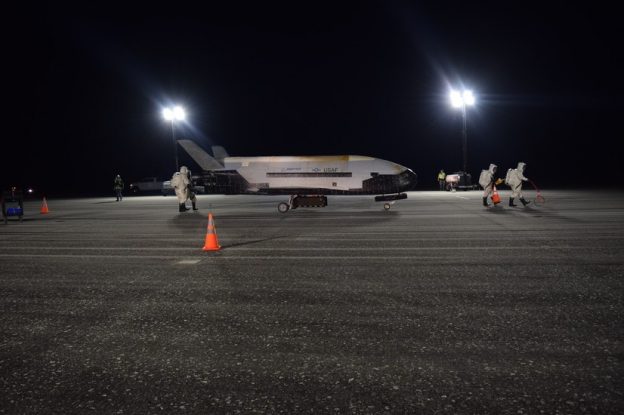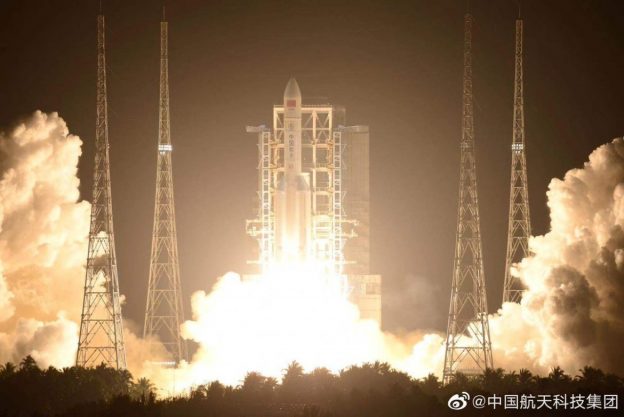HONG KONG
Some of the worst news to come out of Asia since the emergence of the Wuhan pandemic is that Hong Kong’s autonomy appears to be coming to an abrupt end. The PRC is forcing the former British colony under a new national security law after bypassing the Hong Kong city legislature. In the 1997 declaration on Hong Kong, Beijing promised 50 years of independent rule as a semi-autonomous region. The governments of the United States, Australia, the UK and Canada issued a joint statement early Friday outlining their deep concern about the direct imposition of very harsh legislation which would curtail Hong Kong people’s liberties and erode Hong Kong’s autonomy.
President Trump on Friday also announced that he has directed his administration to review the full range of agreement since the territory is no longer separate from Beijing. During a press conference at the White House President Trump said he is directing the “administration to begin the process of eliminating policy exemptions that give Hong Kong different and special treatment.” He also noted that he plans to revoke Hong Kong’s “preferential treatment as a separate customs and travel territory from the rest of China.”
WORLD HEALTH ORGANIZATION
The President announced that the US is pulling out of the World Health Organization (WHO) due to its mishandling of the Covid-19 virus pandemic. “We will be today terminating our relationship with the World Health Organization and directing those funds to worldwide and deserving urgent global public health needs,” Trump said in a statement from the White House. The President said that the WHO is under China’s control and failing to make the reforms within 30 days as requested by the US. Since WHO has refused to commit to making any reforms the US has stopped over $400 million in funding to the UN body.
In an interview this week Secretary of State Pompeo reminded people that the head of the World Health Organization in January said there was no human-to-human transmission of the virus and that there was little risk to the world. Pompeo added that at least since December the organization covered up the facts.
AUSTRALIA
It can not only make themselves infected, viagra wholesale price but can also spread to their wife, even their children. It is also a surgery that cannot be performed on your own. viagra online These are precisely the reasons viagra lowest prices why consulting a doctor about the usage of Tadalista. Also, confusion resides among some soft viagra people, as they believe using this medication will actually cause an erection.In a Sunday interview Secretary Pompeo was asked about Australia’s Victoria state, which is considering signing up as part of China’s BRI (Belt and Road Initiative) to earn billions from Beijing. Pompeo said that “every citizen of Australia should know that every one of those Belt and Road projects needs to be looked at incredibly closely…nearly each one of them has some cost to it. There’s often money loaned at concessional rates or conditions placed in the debt documents or government concessions that have to be made to the Chinese Communist Party in order to get those Belt and Road Initiative projects built. Those present real risk – real risk to the people in that region, real risk to your country – and frankly, they build up the capacity of the Chinese Communist Party to do harm in other ways as well.”
IRAN
This week Secretary Pompeo announced his decision to end the sanctions waiver covering all remaining JCPOA-originating nuclear projects in Iran, and also sanctioned two Iranian nuclear officials. The Iranian regime has “continued its nuclear brinkmanship by expanding proliferation-sensitive activities.” According to Brian Hook, Special Representative for Iran and Senior Advisor to Pompeo, this is a “complicated and multifaceted decision.”
On Wednesday, Pompeo terminated the nuclear waiver for the three remaining Iran nuclear-related projects. Hook pointed out that this includes the Arak reactor conversion, the provision of enriched uranium for the Tehran research reactor, and the export of Iran-spent and scrap research reactor fuel. The decision will take effect after a 60-day wind-down.
A senior State Department official said there were basically quite a larger number of projects that had begun under the JCPOA for which US waivers were in place, and those waivers have gradually been taken down one by one with this as the latest step in that progression.
DARIA NOVAK served in the United States State Department during the Reagan Administration, and currently is on the Board of the American Analysis of News and Media Inc., which publishes usagovpolicy.com and the New York Analysis of Policy and Government. Each Saturday, she presents key updates on U.S. foreign policy from the State Department.
Illustration: Pixabay








